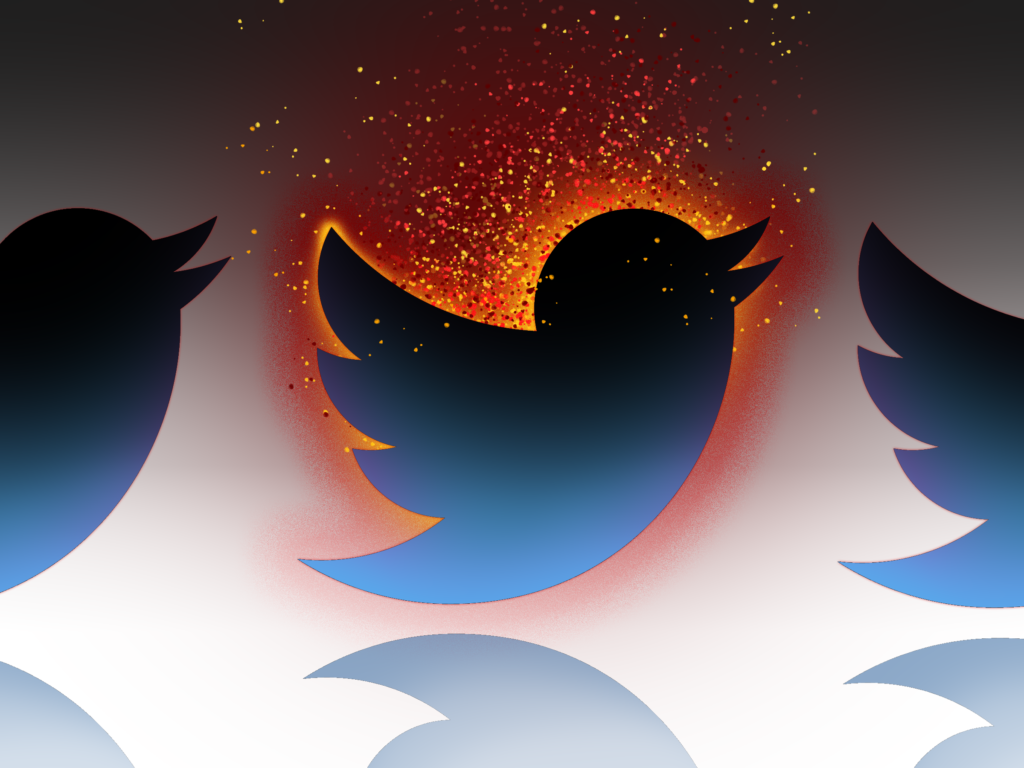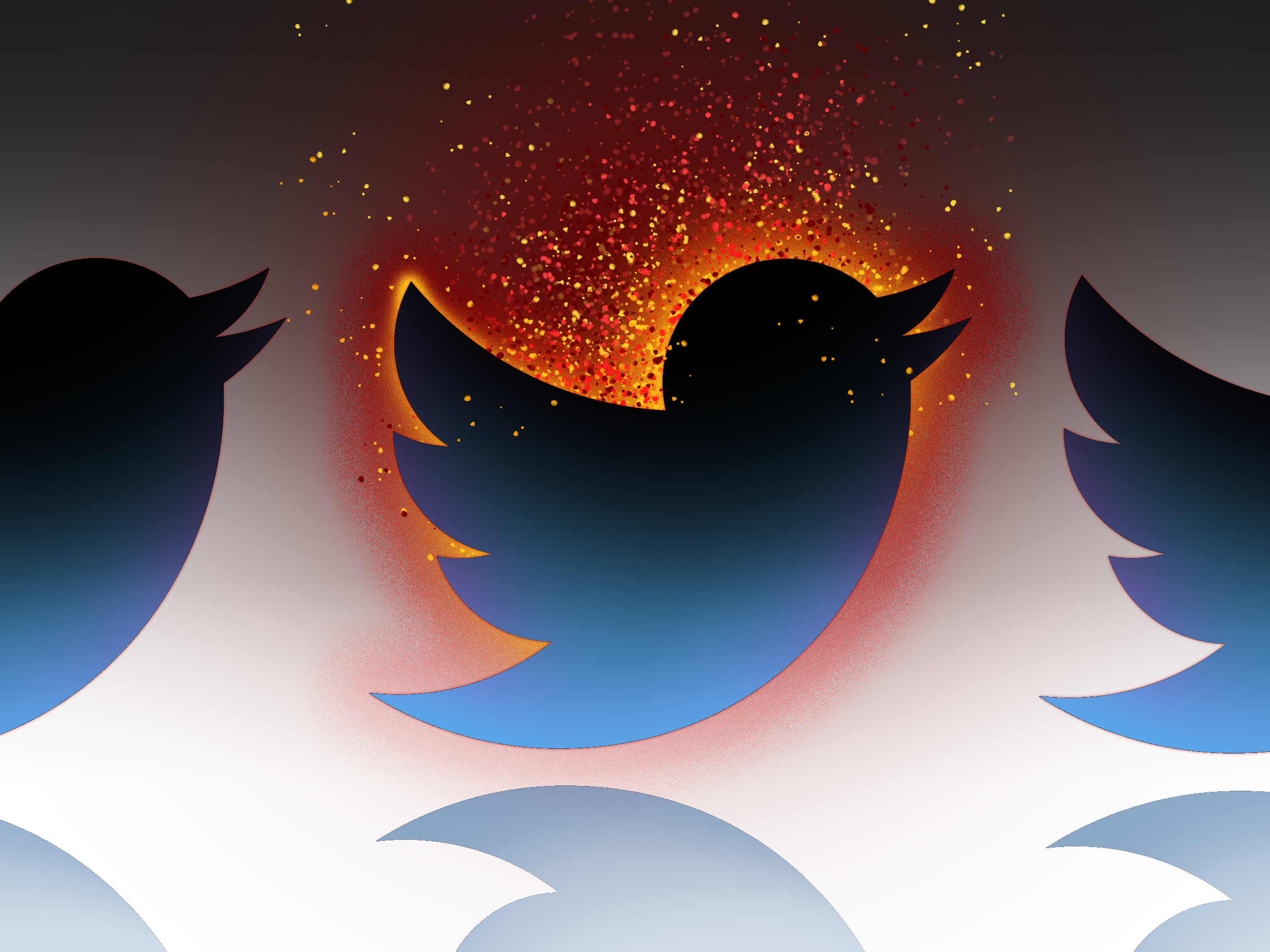If you were active on Twitter.hell at the time, you may have seen a certain name trending in March: Lindsay Ellis.
Lindsay Ellis was an online content creator and media critic with over a million subscribers on YouTube. She was considered a part of “LeftTube,” the umbrella term for YouTubers who create content through a left-wing political lens. As a media critic does, she posted a Tweet in March in which she compared Disney’s “Raya and the Last Dragon” to the beloved animated series “Avatar: The Last Airbender”. And then all hell broke loose.
The Twitter crowd accused Ellis of racism for comparing two properties heavily inspired by Asian cultures, even going so far as to imply that comments like Ellis’s were a contributing factor to anti-Asian hate crimes. This innocuous Tweet triggered a campaign of harassment so severe that Ellis recently announced that she’s effectively quitting the Internet.
I want to be clear about this. Canceling is a good way for the masses to wield public shame as power when someone previously untouchable commits grievous and objective harm — sexual predators like R. Kelly and Harvey Weinstein come to mind. Far more minor figures, like former musician, current convict, and sex offender Austin Jones, must be held accountable, too, when they abuse their power in such abhorrent ways.
But choosing to aggressively bash a content creator who contributes to left-wing causes and whose mere existence pisses off the alt-right for a potentially racially-insensitive remark? That is completely inappropriate — not to mention a highly hypocritical and self-injurious project for self-proclaimed leftists.
There are definitely kinds of behavior that the left should not tolerate, and when someone crosses a forbidden line, we should deplatform them. But we need to, on a context-by-context basis, weigh the value of ostracizing the person with the consequences of losing them. On balance, the value of keeping Ellis around as a figure who could pull centrists and moderate conservatives further into leftist politics is far higher than the price of her Tweet.
Ellis expanded on and clarified her Tweet later in a YouTube video, and has reflected on and apologized for how it hurt some of her viewers. Even without those explanations, it’s difficult to make the jump from “overly simplified Tweet-length media critique” to “unbridled racism.” (I hope the people who harassed her online stretched first.) I have not seen the people who were so mad and aggressive conduct a similar reflection on their own actions since the incident. The zeal with which we cancel rapists and child groomers was not warranted here.
Let’s assume for a moment that Ellis actually did commit a microaggression (which is the worst possible outcome of a good-faith interpretation of the Tweet). Even so, this is exceedingly minor in the grand scheme of things. Political movements fail when they aren’t willing to budge a single inch or make any sacrificial alliances, and a movement is strongest when it has as many people working together as possible. Civil rights organizations of the 1950’s and ‘60s had ideological disagreements, but they worked together anyway because Black people’s safety, empowerment, and dignity were on the line, and they were all adult enough to prioritize what mattered most.
The right absolutely loves it when the left eats their own. Because it makes us weaker.
The case study of Lindsay Ellis reveals two important things. The first is that we have fooled ourselves into believing that Twitter is an appropriate space for nuanced political discourse. It’s irresponsible to pretend that a website with a character limit of 280 per post and whose algorithm has an active interest in making discourse as toxic as possible is a decent vehicle for political thought and activism. The Internet most definitely needs spaces to have political discourse, but Twitter is never going to be that space. We should probably cut the bird app loose.
The second lesson is that the specific breed of cancel culture that made Ellis, in her own words, “[shit] blood for weeks on end” from sheer stress, is the result and tacit acceptance of online political spaces as social cliques instead of actual political movements with real world consequences. This is a way for people to collect brownie points and look like good little activists for joining in on a dogpile that serves as a low-effort, emotionally-gratifying substitute for actual political activism.
You don’t always see these people attacking the Ben Shapiros or Jordan Petersons of the world, and more importantly, putting in effort to support these causes outside of the Twittersphere. The shameless can’t be shamed, so they go for people like Ellis instead. They are unwilling to engage in comprehensive critiques about the social and political systems that compel people to act in unsavory ways both consciously and unconsciously — after all, it’s far easier to pretend that person is just evil. But when you are just as invested in taking down a left-wing personality as 4channer neo-Nazis are, you need to take a step back and really consider if what you’re doing is in the left’s best interests.
So, now we’re down a LeftTuber because a bunch of bad-faith actors decided that doubling down was more important than keeping around someone who countered conservatism by encouraging critical thinking and explicitly tackling relevant political subjects like transphobia. The people who chased her off the Internet will never contribute as much to the left’s cause as Ellis did.
Good job, guys. I hope you’re happy.



